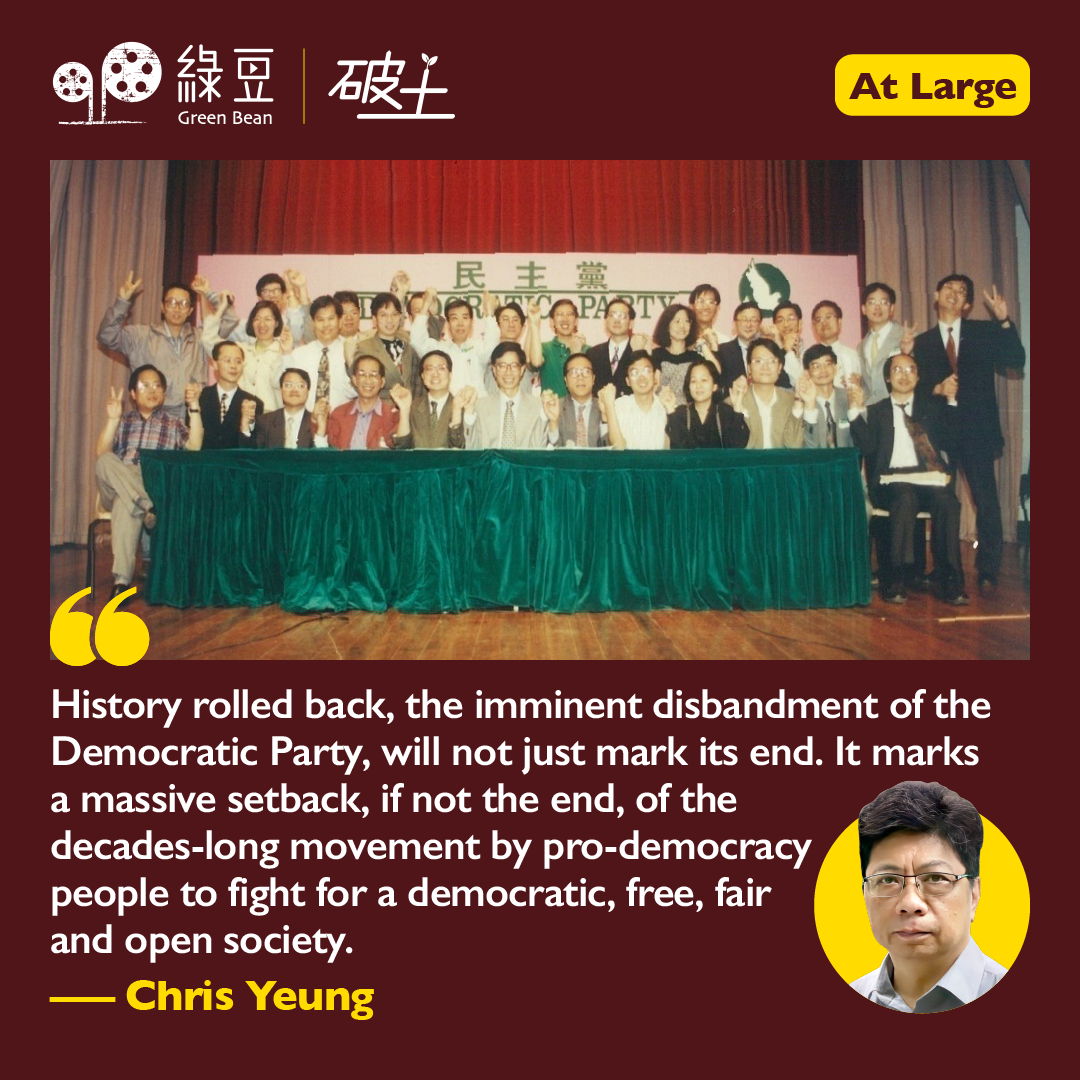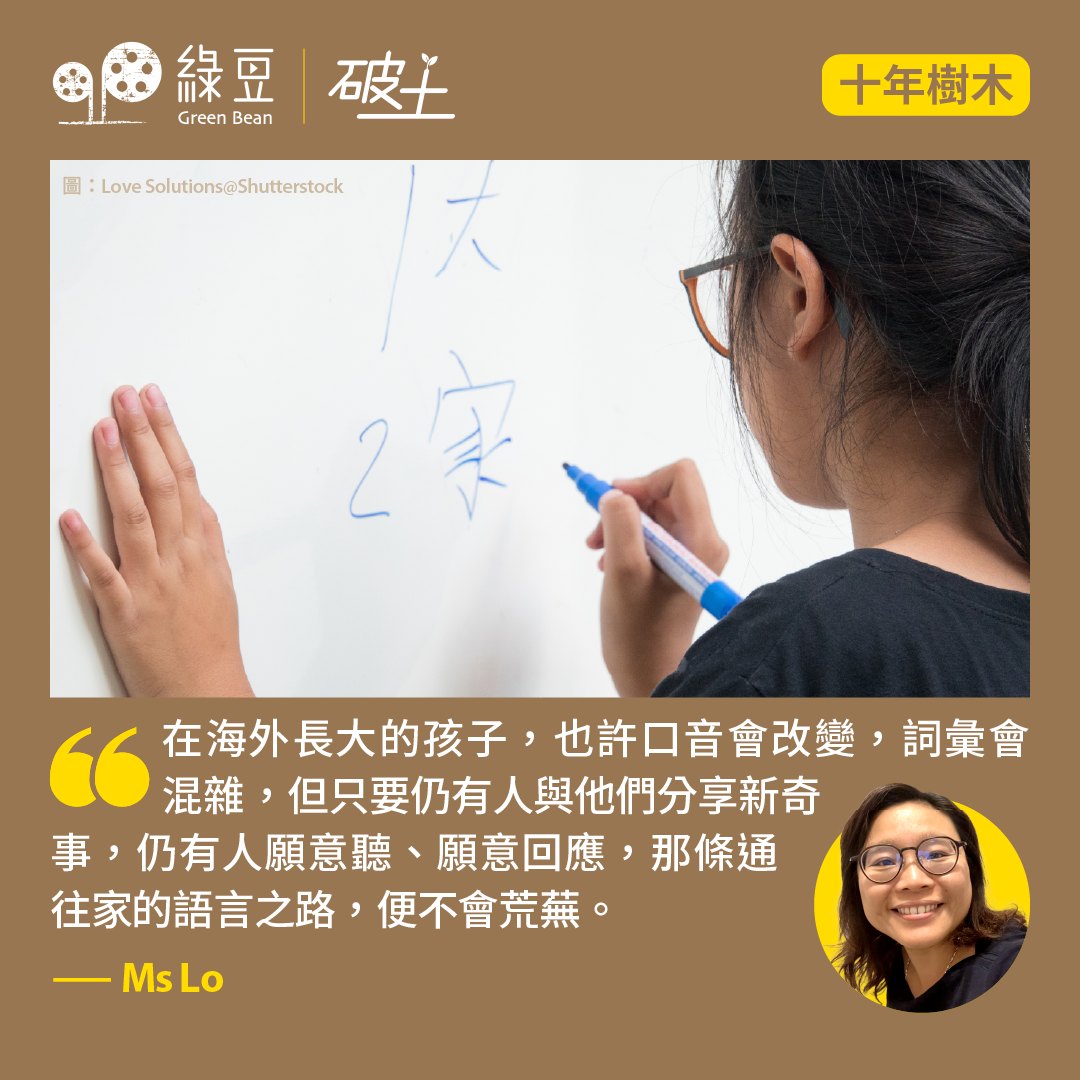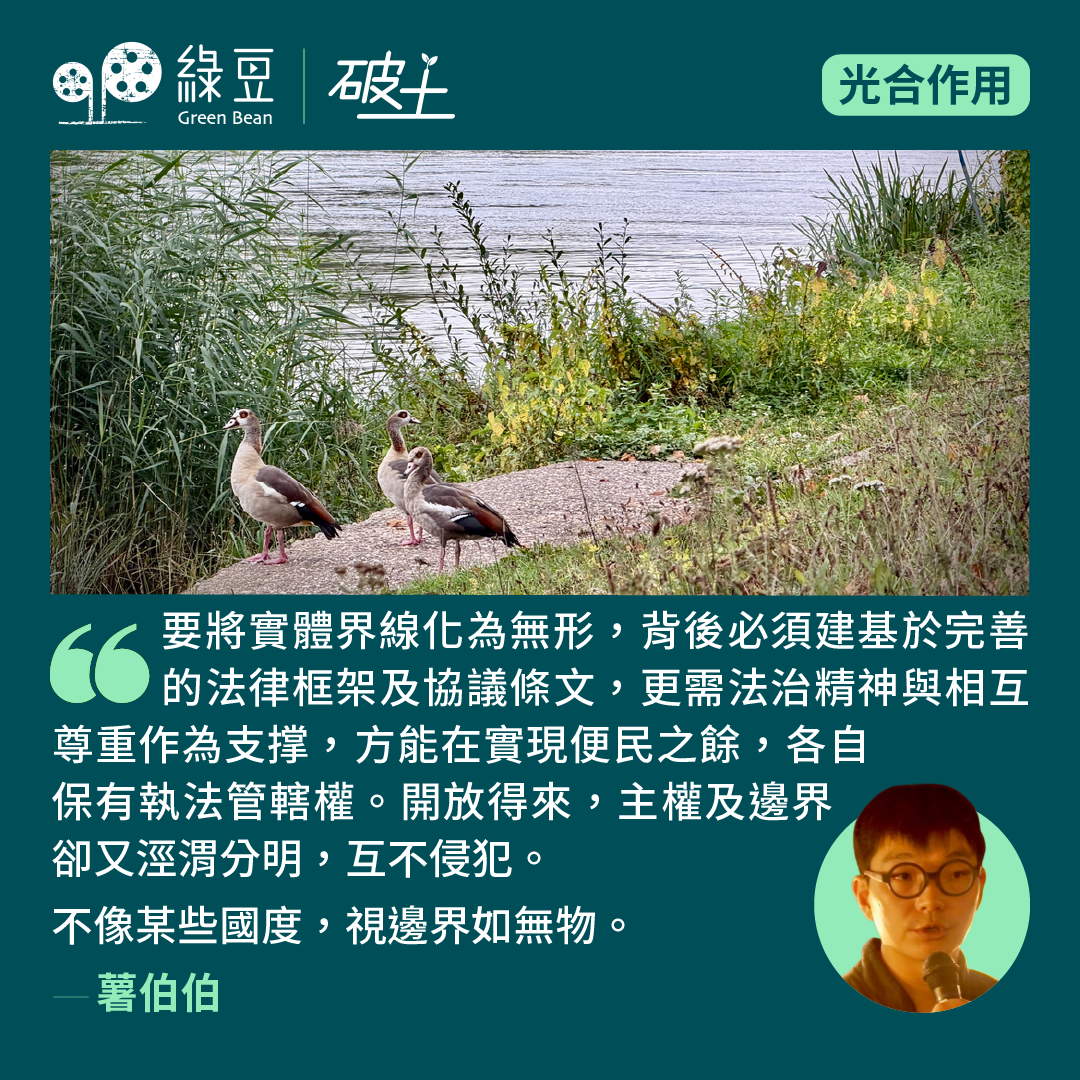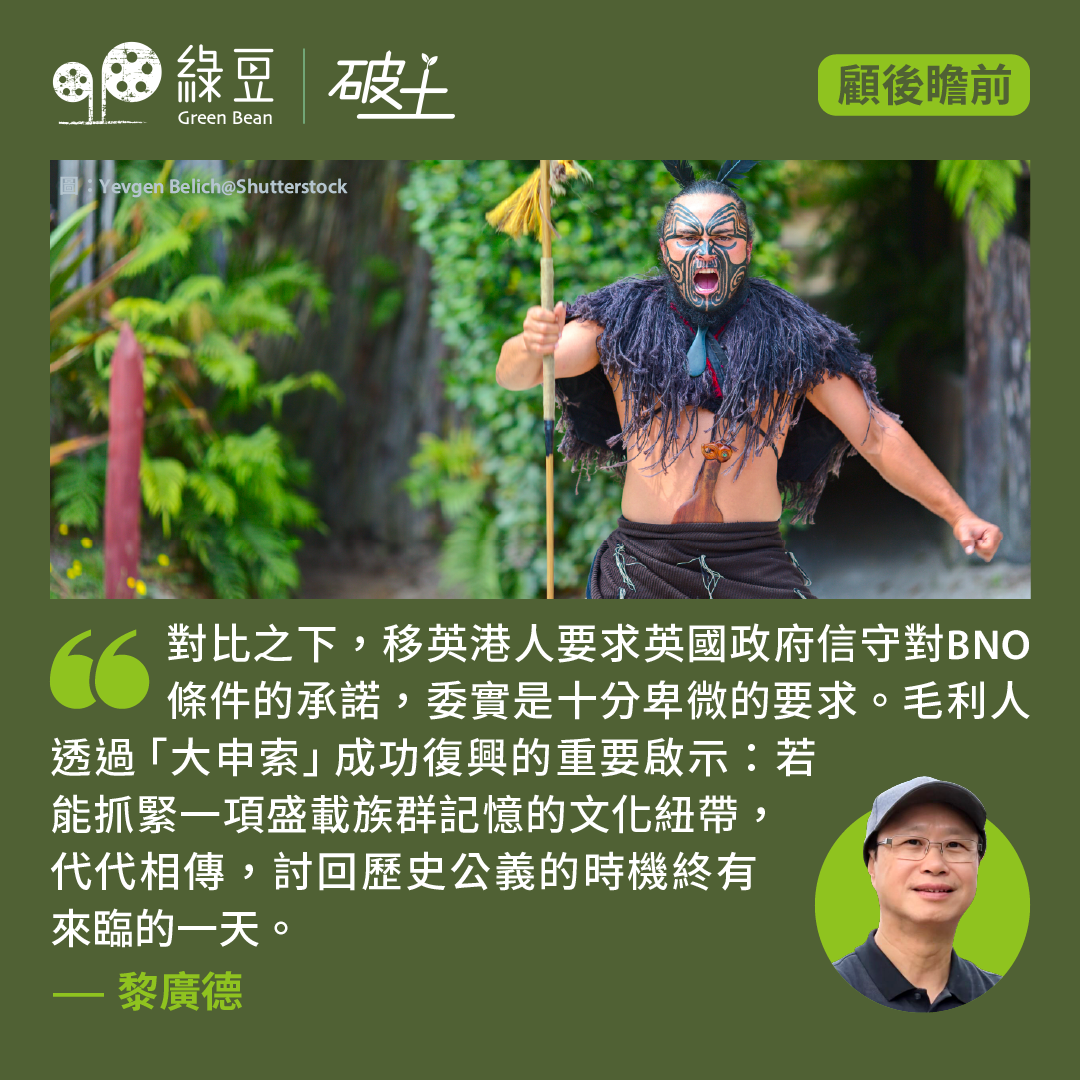Democratic Party nears its end as Hong Kong enters unclear waters

Hand in hand, a group of legislators led by Democratic Party leaders Martin Lee and Szeto Wah led thousands of protestors outside the old Legislative Council building in Central (now the Court of Final Appeal) to chant calls for democracy as June 30, 1997, moved to July 1.
They vowed to return to the Legco in an election scheduled for 1998 after they were displaced in a Beijing-appointed provisional legislature inaugurated on July 1. It followed a failure of Beijing and London to strike a deal for the transition of the pre-1997 legislature after the handover. Then came the Democrats’ smashing comeback to the legislature after the 1998 polls.
“We can’t say a lot”
Just months after the Democrats celebrated their 30th anniversary at quietly-held dinners last year, the Democrats have taken the first step to prepare for their disbandment, marking the beginning of the end of the pro-democracy flagship.
The party’s central committee passed a motion on last Thursday (20/2) to dissolve and set up a task force to handle the legal steps as involved. A resolution of disbandment will have to be put forward to all members for a vote at a general meeting. The party has about 400 members.
Party chairman Lo Kin-hei cited “the overall political environment” and their assessment of the future as factors behind the motion. He did not give details, adding “we can’t say a lot.”
Fred Li Wah-ming, a founding party member and ex-lawmaker, revealed he had earlier asked his Chinese Communist Party contact whether they would be able to secure nominations to run in the coming Legco election at the end of this year.
He quoted his contact as saying “You think (the party) can survive till December?”
Quoting anonymous sources, the Chinese-language Ming Pao said in a column last week some party members have received similar messages at the end of last year that they should disband. A source claimed there was “a voice” coming from Beijing saying dissenting groups should be eliminated.
The process of disbandment may take about one year to be completed. One year is too long in politics. The chance of a reversal of their fate is paper-thin.
The 2019 social movement marks the beginning
The Democrats have survived the change of sovereignty in 1997 and for more than two decades since then. With hindsight, the 2019 social movement ignited by protests against the now-shelved extradition bill marks the beginning of the end of the party.
The political turmoil was branded by the authorities and hardliners in the pro-establishment camp as a plot by the “oppose-China, disrupt-Hong Kong” pan-democrats, with hostile Western forces behind, to seize power.
Shocked by the biggest challenge against their authority that saw massive and protracted protests and confrontation with the anti-riot Police across the city, the central authorities imposed the national security law in July 2020, followed by a revamp of the Legco and district council election system.
Dozens of democrats from the party and other pro-democracy forces were taken to court for charges ranging from rioting to subversion. Many of them were found guilty and given long jail sentencing.
Amid lingering fears of a crackdown against dissenting voices, pan-democrats fled and pro-democracy groups closed down one after another.
They include the Professional Teachers Union (1973 to 2021), the Confederation of Trade Unions (1990 to 2021), the Civic Party (2006 to 2023) and a list of civil society organisations set up during the 2014 Occupy Central movement and the 2019 social movement.
A new era of uncertainty
History rolled back, the imminent disbandment of the Democratic Party, the city’s pro-democratic political flagship and the last major remaining dissenting force, will not just mark its end. It marks a massive setback, if not the end, of the decades-long movement by pro-democracy people to fight for a democratic, free, fair and open society.
Taken together, the Democratic Party and other pan-democrats had received a combined total of over 55 percent of votes in all previous geographical polls that they had participated in. For their diehard supporters, they can be pardoned for feeling they were denied a real choice in the 2021 Legco election and the 2023 district council polls.
The Democrats and a long list of political groups, labour unions and civil society organisations, which have been seen as holding dissenting views, are being seen as part and parcel of a capitalistic, freewheeling, pluralistic Hong Kong.
The city has thrived on diversity and pluralism, inclusiveness and tolerance, which are vital ingredients of the Hong Kong system. It is a unique system that has made the city tick; it had prompted late leader Deng Xiaoping to create the “one country, two systems” model in early 1980s to keep it going after 1997 and at least until 2047.
As Democratic Party begins its countdown into history, the unprecedented “one country, two systems” experiment enters into a new era of uncertainty.
( Photo : Democratic Party Website )
▌[At Large] About the Author
Chris Yeung is a veteran journalist, a founder and chief writer of the now-disbanded CitizenNews; he now runs a daily news commentary channel on Youtube. He had formerly worked with the South China Morning Post and the Hong Kong Economic Journal.





